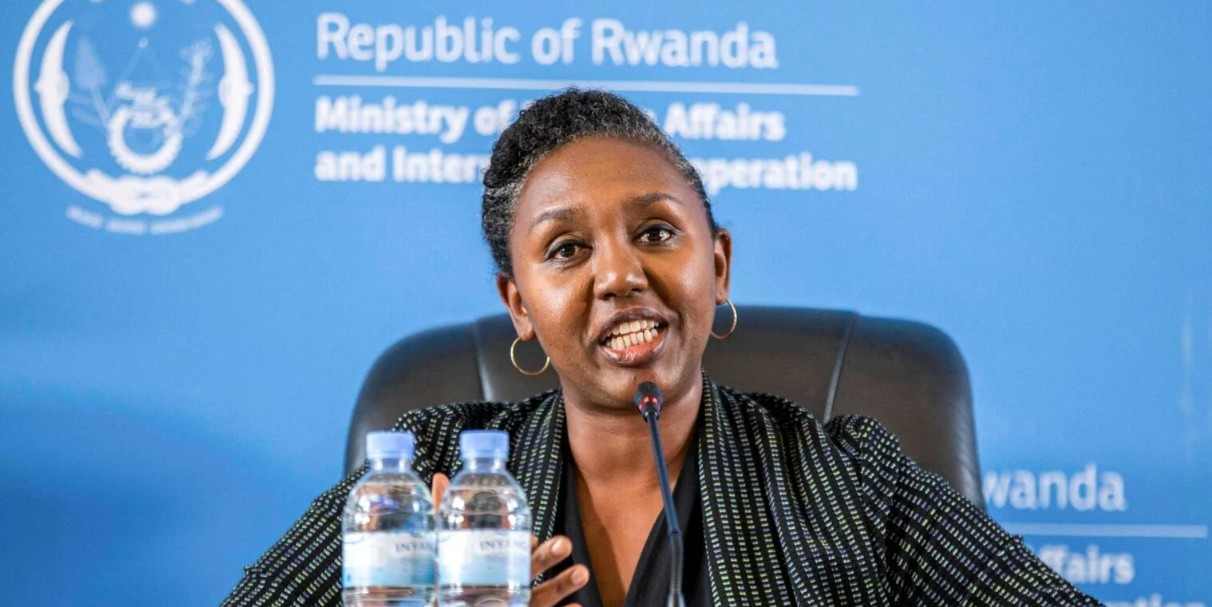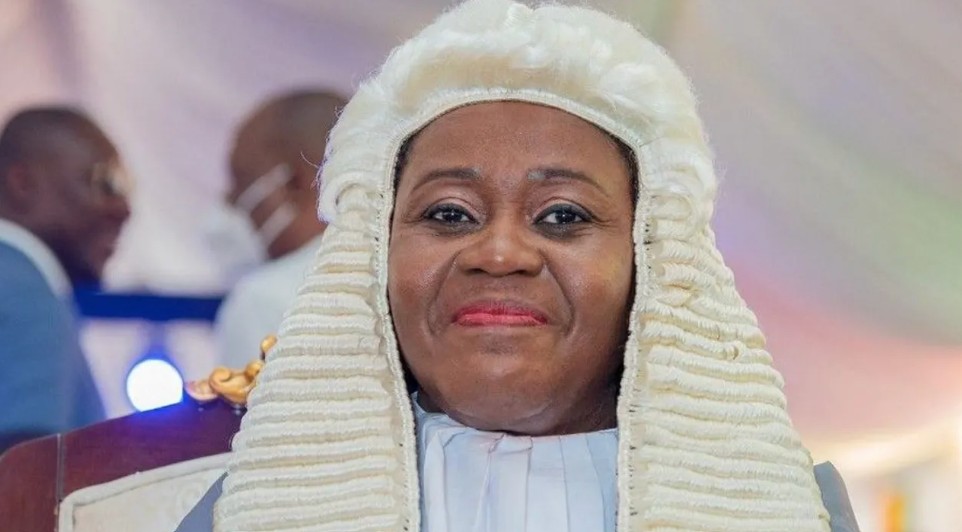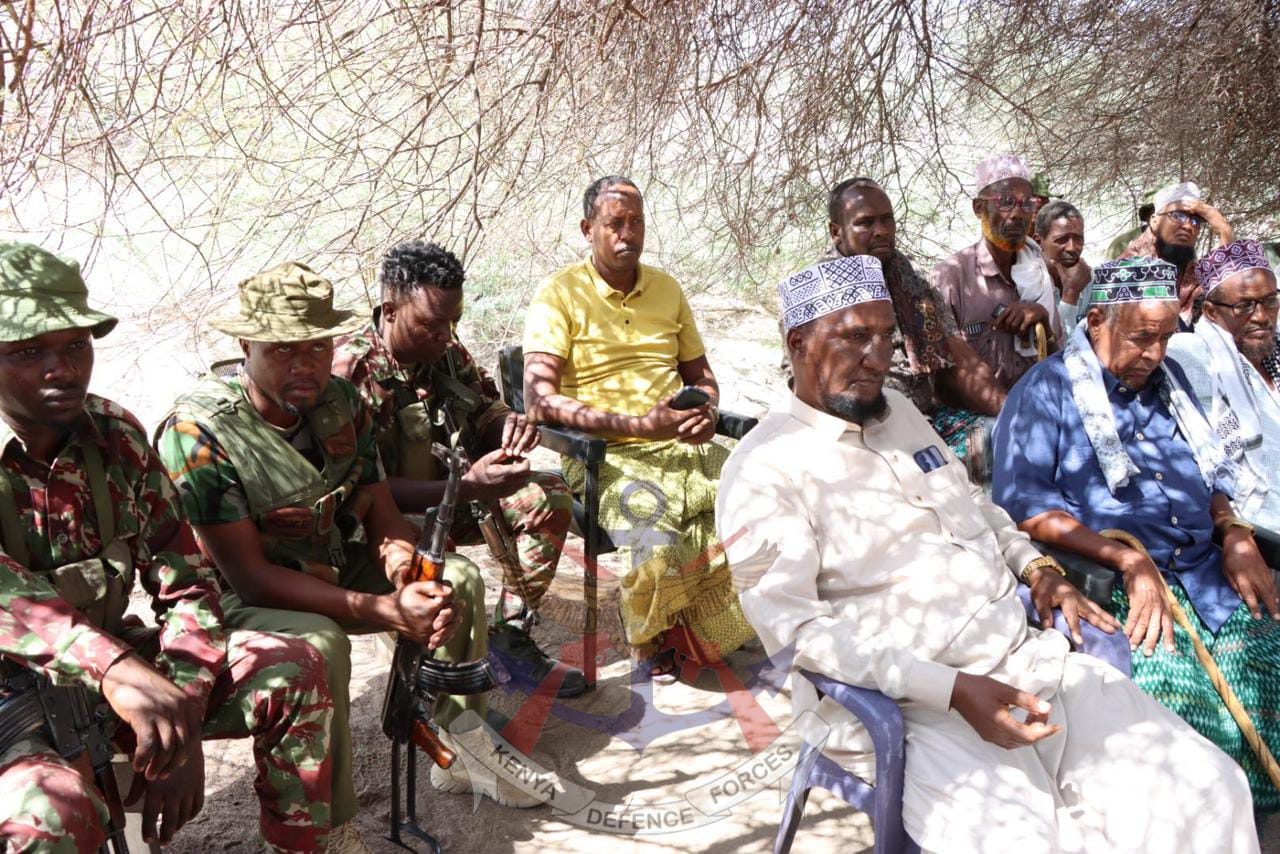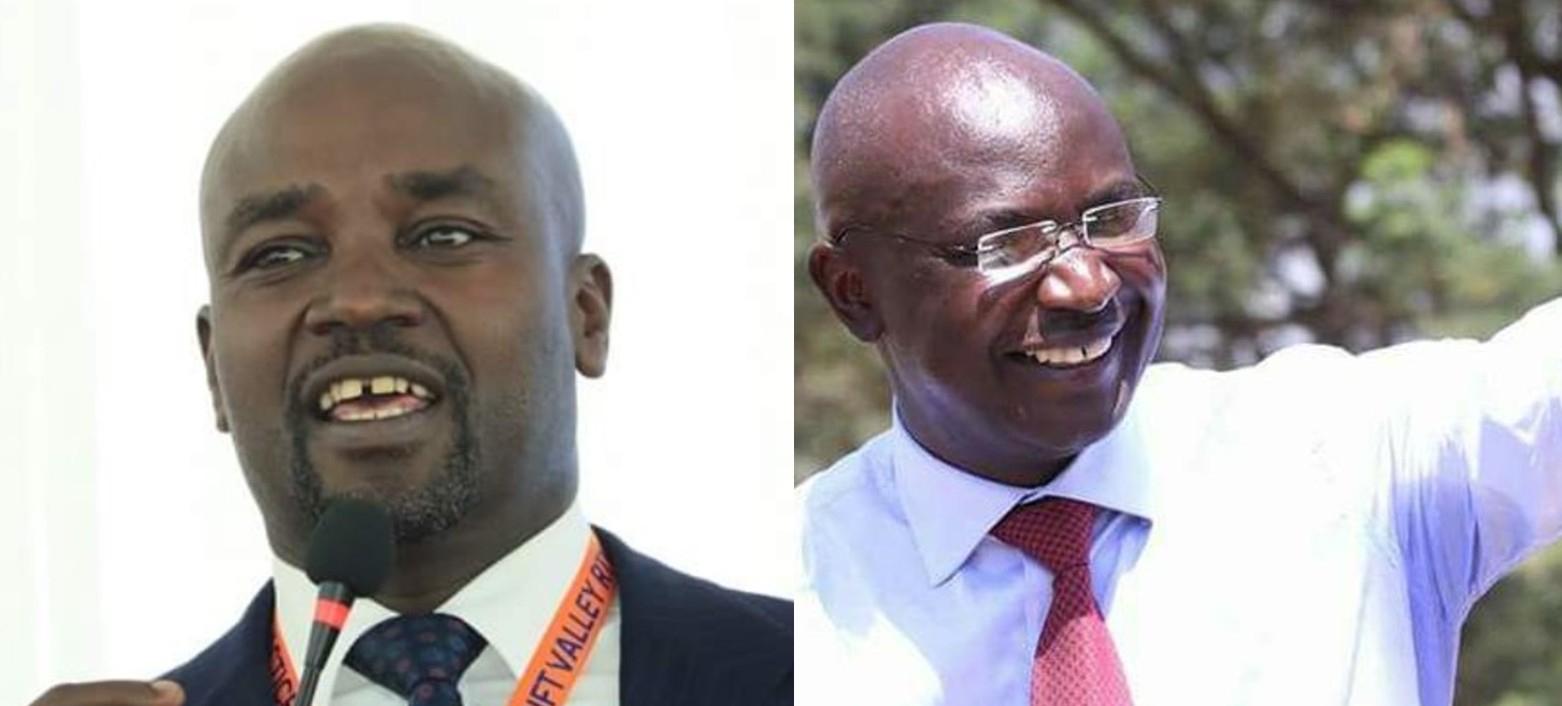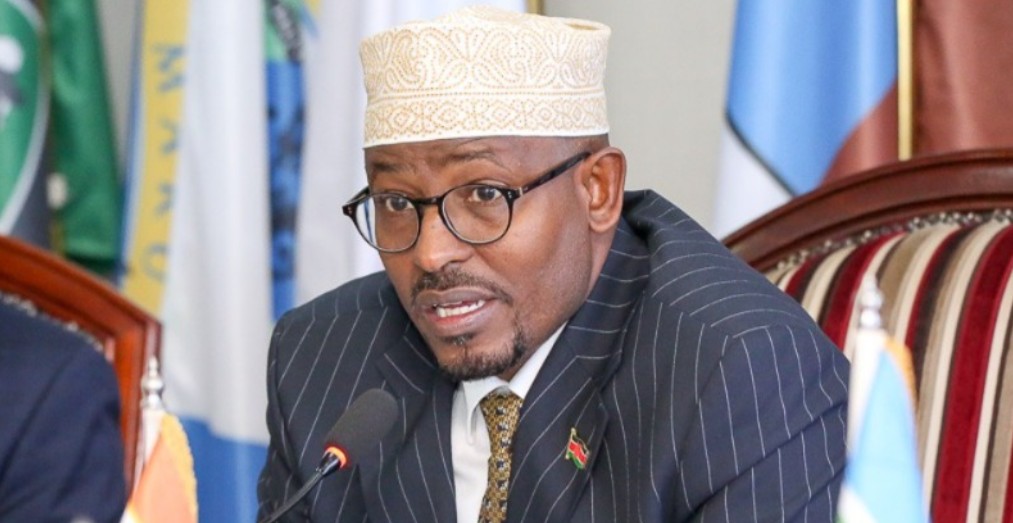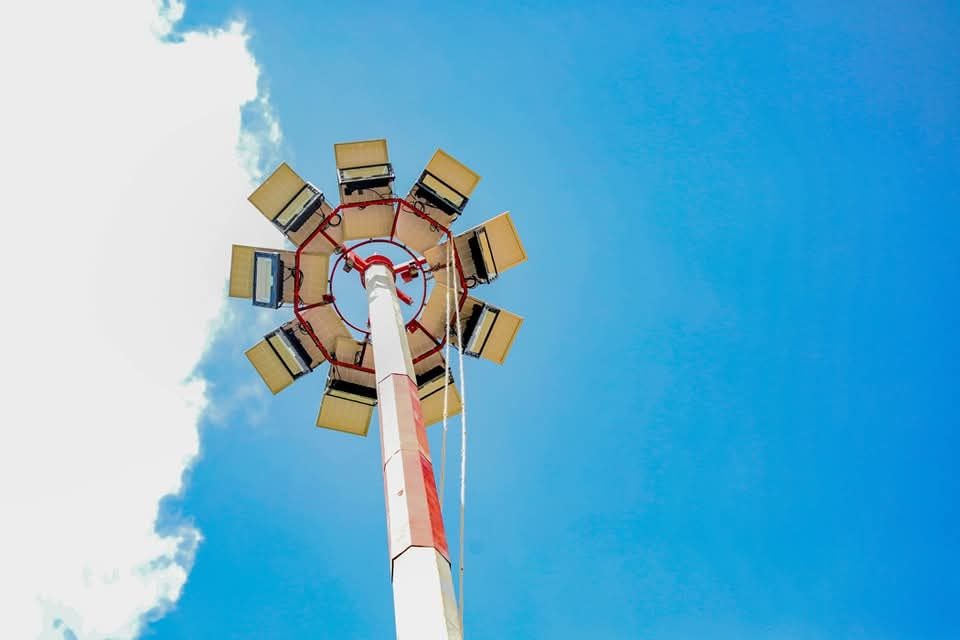222 couples tie the knot at Kwale mass wedding ceremony
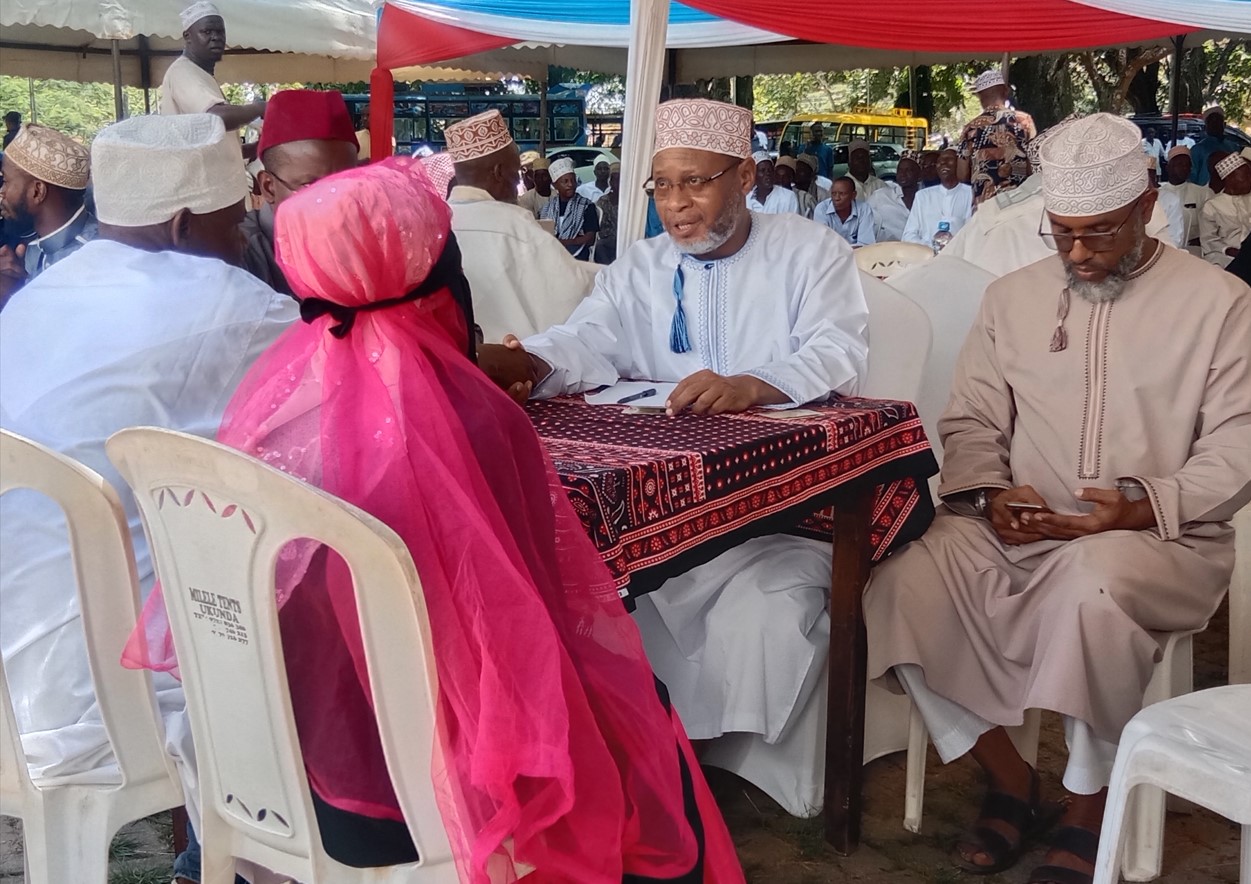
The mass ceremony aims to legalise marriages according to Islamic laws to enable couples to perform their religious duties effectively.
Ahead of the start of Ramadan, more than 200 Muslim couples from poor families were wed in a mass ceremony at the Kwale Baraza Park in Matuga.
The ceremony, the fourth since mass weddings were introduced in the county in 2021, drew couples from the six coastal counties: Kwale, Mombasa, Lamu, Kilifi, Tana River, and Taita Taveta. Matuga MP
More To Read
- Kenya ready to host CHAN 2024 final at Kasarani, CS Mvurya assures
- IGAD urges youth to take lead in regional peace
- Ruto’s visit has brought calm, focus and motivation to Harambee Stars - coach McCarthy
- Former Harambee Stars captain Dennis Oliech appointed 2024 CHAN brand ambassador
- Musonye and Mvurya rally support as Kenya finalises CHAN 2024 preparations
- Kenya declares CHAN 2024 readiness as Mvurya outlines infrastructure, fan access, and athlete support plans
Matuga MP Kassim Tandaza, the organiser, said this year recorded a higher number of couples.
"When we introduced this initiative three years ago, we received only 30 applications, but this year we have registered 222 marriages," Tandaza said following the ceremony on March 9, 2024.
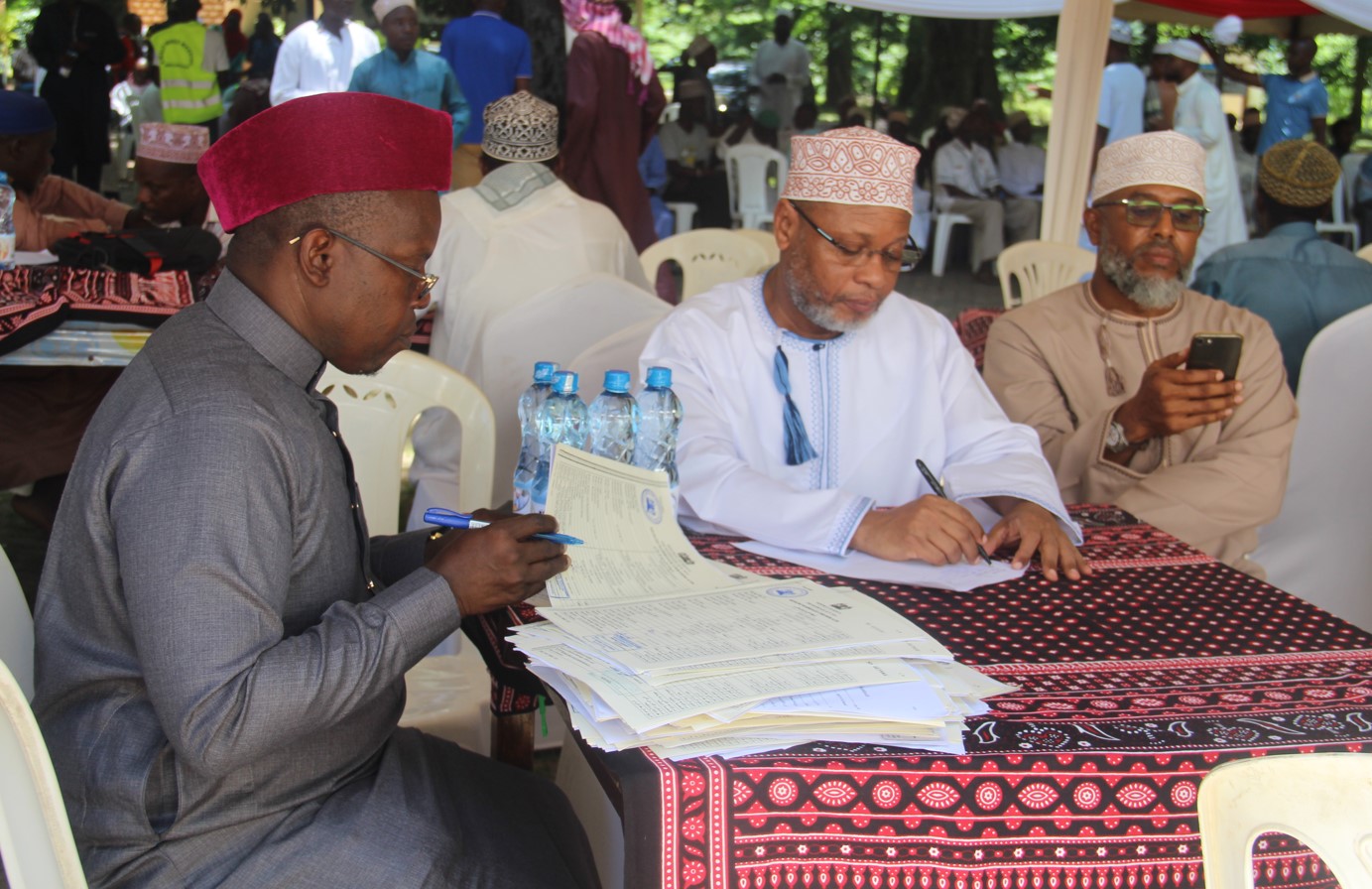 Matuga MP Kassim Tandaza and Chief Kadhi Athman Abdulhalim Hussein sign marriage certificates following a mass ceremony at the Baraza Park in Matuga, Kwale County, on March 9, 2024. (Photo: Mishi Gongo)
Matuga MP Kassim Tandaza and Chief Kadhi Athman Abdulhalim Hussein sign marriage certificates following a mass ceremony at the Baraza Park in Matuga, Kwale County, on March 9, 2024. (Photo: Mishi Gongo)
The mass ceremony aims to legalise marriages according to Islamic laws to enable couples to perform their religious duties effectively.
The 2024 edition saw partners who had lived together for years and had children out of wedlock tie the knot. Islamic law forbids premarital sex, which is among the greatest sins.
Tandaza said the majority of the couples were in informal relationships because of a lack of money to cater for wedding expenses.
Some had tied the knot in Kadhis' courts but were unable to obtain their marriage certificates for lack of money.
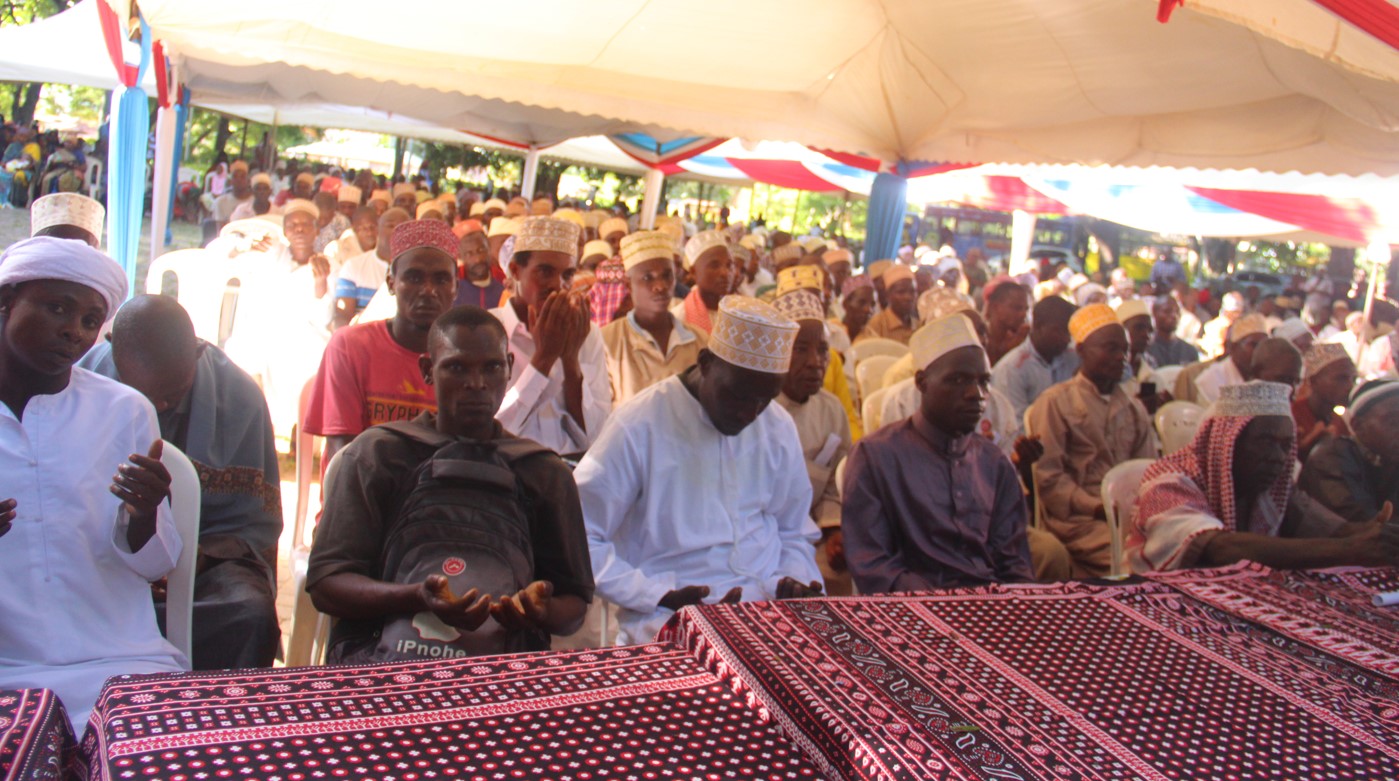 Guests attend a mass wedding ceremony at the Baraza Park in Matuga, Kwale County, on March 9, 2024. (Photo: Mishi Gongo)
Guests attend a mass wedding ceremony at the Baraza Park in Matuga, Kwale County, on March 9, 2024. (Photo: Mishi Gongo)
The MP said that through his foundation, he aimed to save the poor huge wedding bills and help them formalise their unions as per religious and government laws.
"For people to be pronounced husband and wife, certain legal procedures must be followed, both religious and government. I assisted to make it easy for them," he said.
The couples were supported in raising money for the certificates, given free transport to and from their homes, and offered food and drinks to colour their marriage ceremonies.
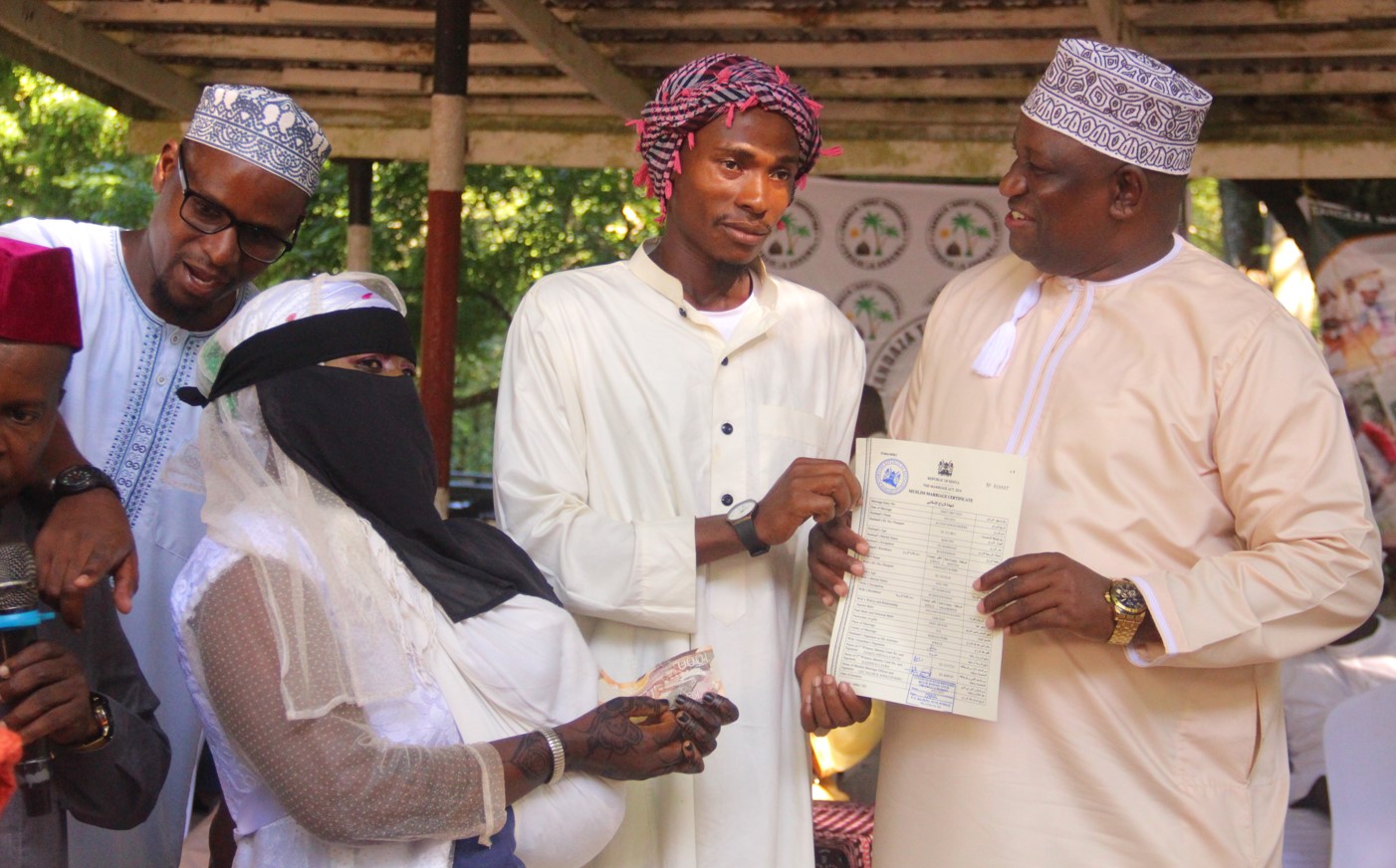 Mining and Blue Economy Cabinet Secretary Salim Mvurya hands a marriage certificate to newlyweds following a mass ceremony at the Baraza Park in Matuga, Kwale County, on March 9, 2024. (Photo: Mishi Gongo)
Mining and Blue Economy Cabinet Secretary Salim Mvurya hands a marriage certificate to newlyweds following a mass ceremony at the Baraza Park in Matuga, Kwale County, on March 9, 2024. (Photo: Mishi Gongo)
Sheikh Rajab Ndaro said many people from Kwale prefer informal relationships because of the cruel iddat rituals imposed on a woman when her husband passes away.
Iddah, or iddat, is the four-month plus 10-day period during which a woman mourns her husband's death or divorce and may not remarry.
"After the husband's death, because people lacked the knowledge, they made women spend the period without taking a bath and forced them to stay in a dark room without talking to anyone," he said, adding they could not comb their hair and were denied many foods, only eating boiled eggs.
Sheik Rajab noted that these practices were contrary to Islam.
Kenya Chief Kadhi Athman Abdulhalim Hussein encouraged unmarried couples to take advantage of the opportunity to officiate their unions.
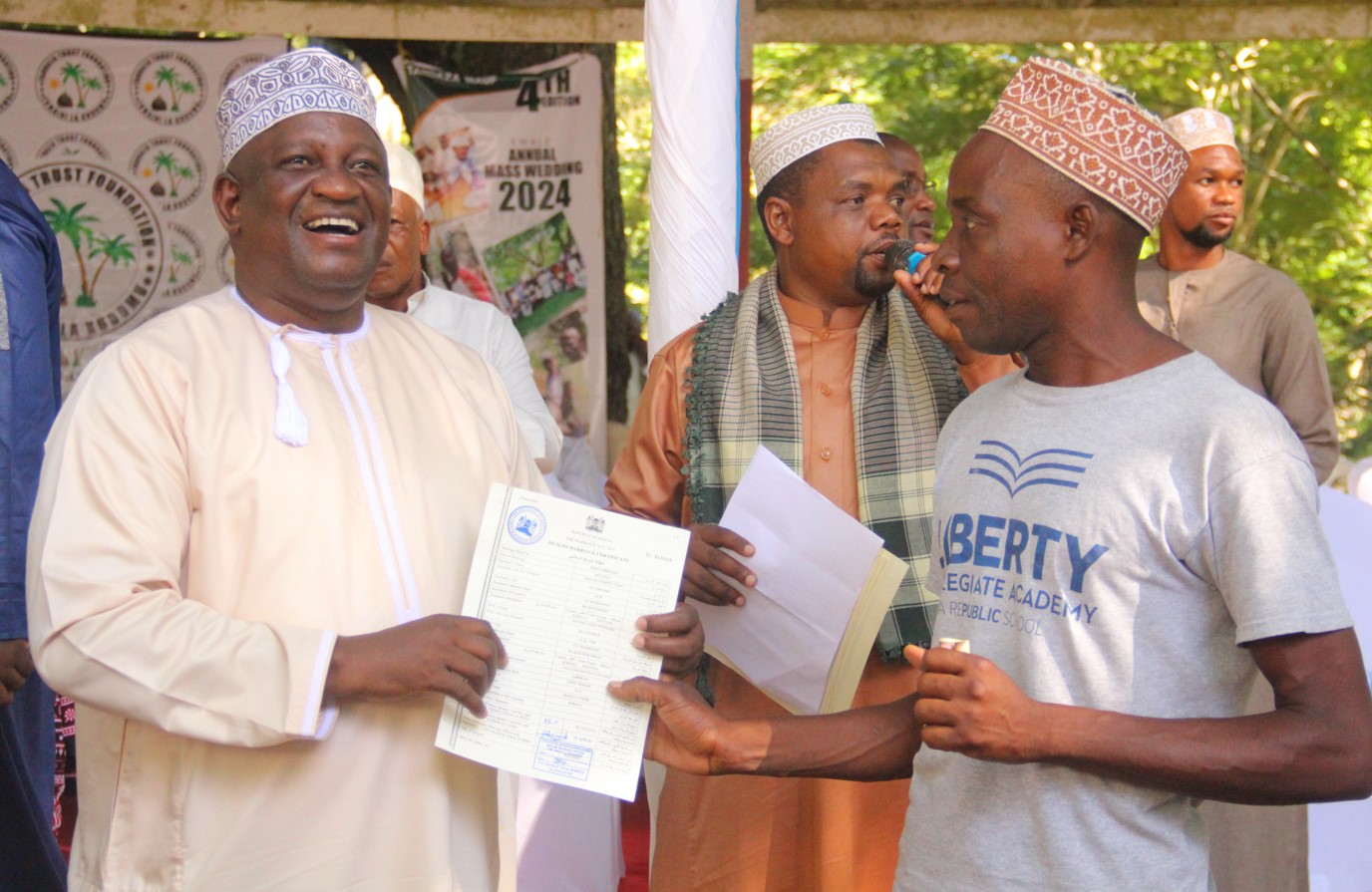 Mining and Blue Economy Cabinet Secretary Salim Mvurya hands a marriage certificate to newlyweds following a mass ceremony at the Baraza Park in Matuga, Kwale County, on March 9, 2024. (Photo: Mishi Gongo)
Mining and Blue Economy Cabinet Secretary Salim Mvurya hands a marriage certificate to newlyweds following a mass ceremony at the Baraza Park in Matuga, Kwale County, on March 9, 2024. (Photo: Mishi Gongo)
Mining and Blue Economy Cabinet Secretary Salim Mvurya, who attended the ceremony, called on Kwale residents to unite and avoid divisive politics.
"Today's ceremony has brought together locals from various sub-counties. There were no restrictions. This is the Kwale we want—where people work together for development," he said.
He added, "The current leadership is focusing on improving health services and education. We have moved the bursary budget from Sh4 million to Sh5 million. This is to ensure that no Kwale child stays at home."
He also promised to continue supporting development projects in the area.
Top Stories Today
